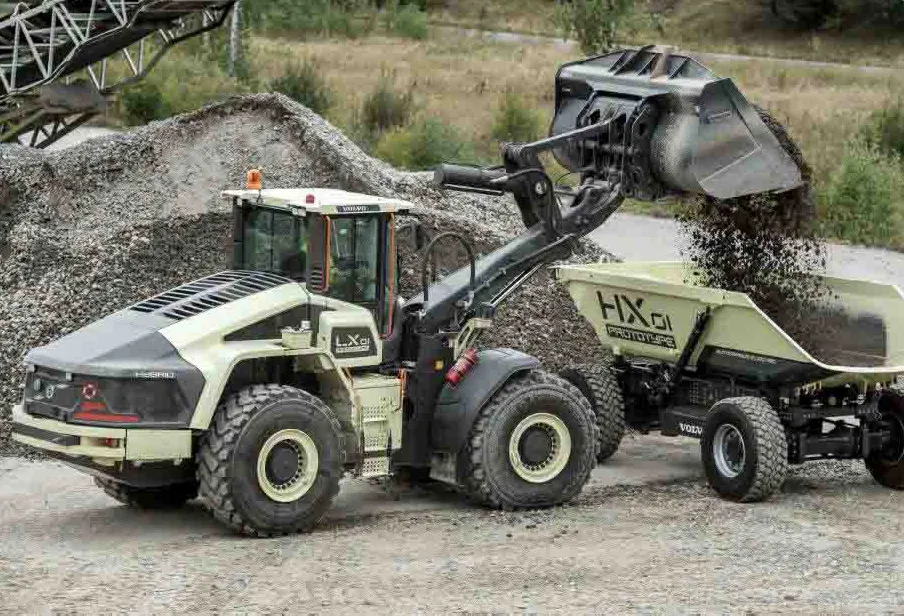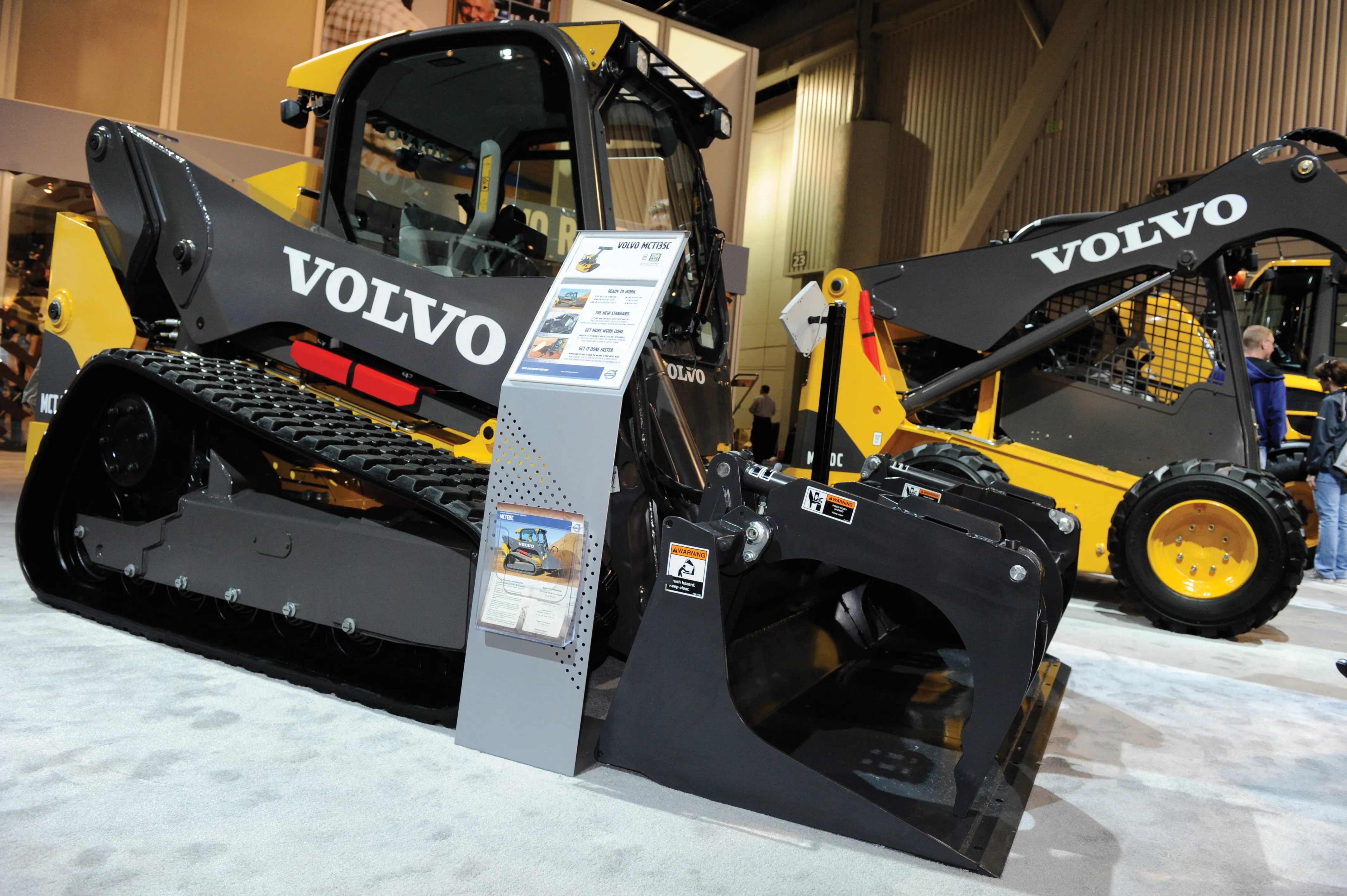In preparation for commercial launch later this year, Better Place has unveiled the company's first battery switch station in Europe at an event in Gladsaxe, just outside Copenhagen.
February 28, 2012
Read time: 2 mins
In preparation for commercial launch later this year, 909 Better Place has unveiled the company’s first battery switch station in Europe at an event in Gladsaxe, just outside Copenhagen. The station, which showcased the company’s battery switch technology, switching a 2453 Renault Fluence Z.E., is the first of 20 stations to be deployed across the country over the next nine months as part of the company’s nationwide network of charging infrastructure that will launch later this year in partnership with Dong Energy and more than 45 municipalities.
“Today marks a significant milestone for the partnership between Better Place and Renault. Together we are unlocking the full potential of electric cars, giving them virtually unlimited range because they no longer have to wait hours to charge. Danish consumers are poised to lead the transition to a more sustainable transportation model,” said Henrik Bang, Renault Denmark.
The battery switch experience is a simple, fully-automated process that together with the Renault Fluence ZE gives drivers the autonomy of unlimited range. Customers simply swipe their membership card, which authenticates the car and subscription via the Operations Centre to activate the switch. The rest of the process is automated, similar to going through a car wash, so the driver never has to leave the car. In just a few minutes, a robotic arm removes the depleted battery and replaces it with a full one and the driver is back on the road.
“Today marks a significant milestone for the partnership between Better Place and Renault. Together we are unlocking the full potential of electric cars, giving them virtually unlimited range because they no longer have to wait hours to charge. Danish consumers are poised to lead the transition to a more sustainable transportation model,” said Henrik Bang, Renault Denmark.
The battery switch experience is a simple, fully-automated process that together with the Renault Fluence ZE gives drivers the autonomy of unlimited range. Customers simply swipe their membership card, which authenticates the car and subscription via the Operations Centre to activate the switch. The rest of the process is automated, similar to going through a car wash, so the driver never has to leave the car. In just a few minutes, a robotic arm removes the depleted battery and replaces it with a full one and the driver is back on the road.








